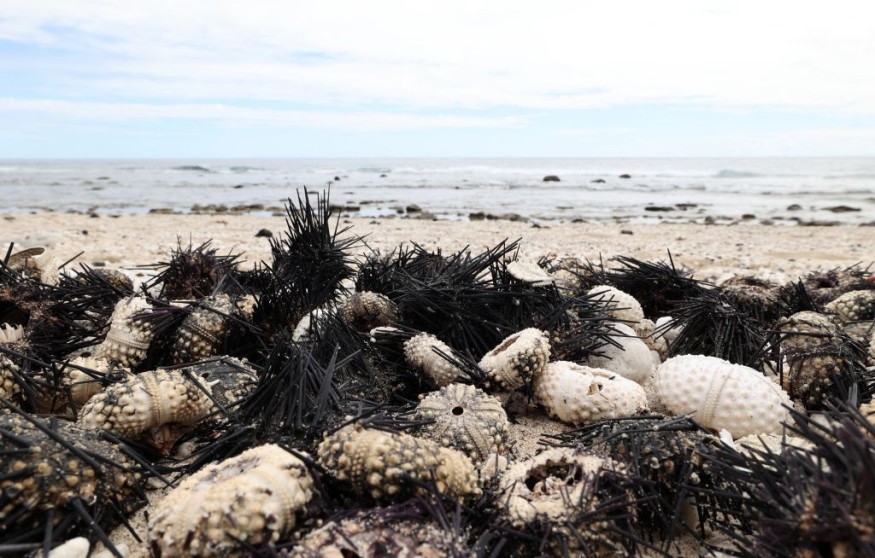
Experts found out that corals in the Red Sea could be at risk due to a still unknown disease that might have killed a number of sea urchins in the area.
Marine biologists have warned that since the long-spined sea creatures are feeding on algae that can usually suffocate corals, their mass death could further result in the destruction of the entire coral reef ecosystem.
Experts' investigation
Researchers learned that a species of sea urchin in Eilat was dying rapidly in January, prompting them to visit an area that is known for an abundance of the species Diadema setosum. Initially, they thought that the risk in corals could be attributed to the local pollution.
However, they found out that the spiny invertebrates had also started dying down the coast, including those found in the seawater-fed facility of the Inter-University Institute for Marine Sciences.
Experts are still determining what could be the real cause of the massive death of sea urchins.
They are working towards establishing a population of the affected species which can be released into the Red Sea once the current threat already passed.
Initially, researchers said that there are visible signs that the disease paralyses the sea urchin's spines as well as their tiny feet.
To recall, there was also a similar massive death among the sea urchins that hit in the Caribbean. This incident also raised the speculation that a disease may have come in the Red Sea by ships.
Experts said that these vessels could have been carrying ballast water that contain pathogens and exotic species.
They noted that if indeed a disease-causing pathogen had been transported by a vessel, steps could be taken to prevent its spread by cleaning up ships and minimizing the risk of spreading the next deadly pathogen.
Read Also : Climate Change Threatens Sea Urchin Survival That Can Devastatingly Affect Coral Reef Growth
Sea urchins' role in marine ecosystem
According to the Reef Resilience Network, sea urchins are important herbivores on coral reefs, and in some ecosystems they also play a critical role in maintaining the balance between coral and algae.
Scientists said that their role could be especially important on reefs where other herbivores, such as parrotfishes and rabbitfishes, have been depleted.
The sea urchins usually contribute to reef resilience by grazing algae and providing settlement space for corals. These actions of sea urchins usually help to maintain conditions necessary for coral communities to recover after acute disturbances, such as storms and even bleaching events.
Urchins, however, can also be susceptible to disease. In places where urchins are key herbivores, people may wish to consider helping to re-establish the urchin populations where densities have been depleted.
On the other hand, urchins can also have negative impacts on coral reefs.
This as in some situations, where the processes of reef calcification may be depressed and/or urchin populations reach outbreak densities, the scraping effects of sea urchin feeding can remove coral recruits, which later reduce cover of important coralline algae ref and lead to unsustainable bio-erosion.
Sea urchins' outbreak may be caused by depletion of natural predators, such as triggerfishes and wrasses, as well as reduced food competition.
Related Article : Red Sea Urchin in Southern California Could Suffer from Climate Change, New Report Finds
Related Video:
© 2025 NatureWorldNews.com All rights reserved. Do not reproduce without permission.





